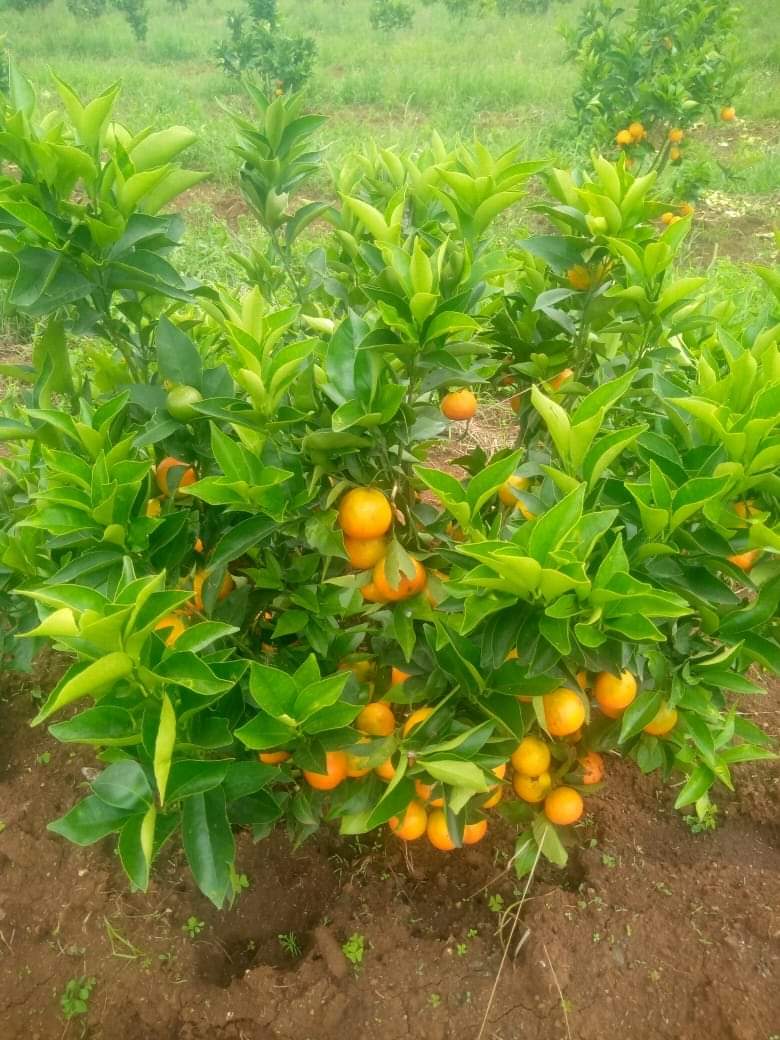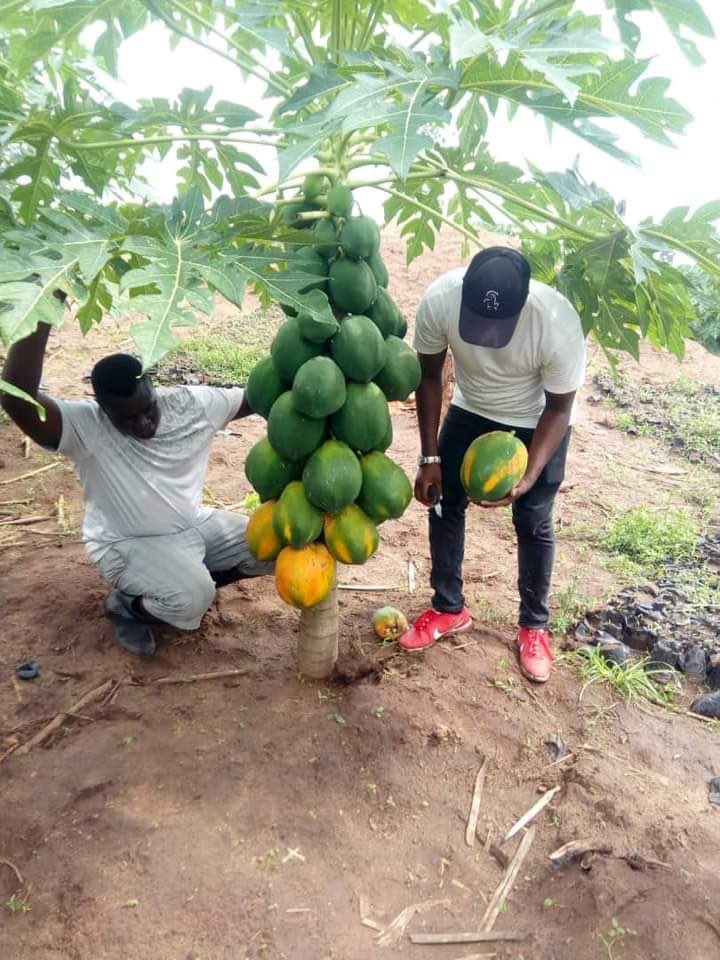Global agriculture faces several challenges, ranging from environmental and
climatic issues to socio-economic and technological concerns. Here are some
of the key challenges in global agriculture:
1. Climate Change: Changes in climate patterns, including temperature
increases, altered precipitation, and extreme weather events, pose a
significant threat to agricultural productivity. Farmers need to adapt to these
changes, but it often requires substantial investments and changes in
traditional practices.
2. Water Scarcity: Many regions around the world are experiencing water
scarcity, impacting irrigation for crops. Efficient water management practices
and the development of drought-resistant crops are essential to address this
challenge.
3. Soil Degradation: Soil degradation, including erosion, loss of fertility, and
salinization, threatens agricultural productivity. Sustainable soil management
practices, such as conservation tillage and agroforestry, are crucial to
maintain soil health.
4. Loss of Biodiversity: The expansion of monoculture and intensive
agricultural practices has led to a loss of biodiversity. This can result in
increased vulnerability to pests and diseases and reduce the resilience of
agricultural systems.
5. Rural Poverty and Food Insecurity: Despite advancements in agriculture,
millions of people, particularly in developing countries, still face food insecurity
and poverty. Access to resources, markets, and education plays a vital role in
addressing these issues.
6. Land Use Change: Conversion of natural ecosystems into agricultural land
contributes to deforestation, loss of biodiversity, and increased greenhouse
gas emissions. Balancing the need for agricultural expansion with
conservation efforts is a complex challenge.
7. Technological Divide: There is a digital and technological gap between
farmers in developed and developing countries. Access to modern agricultural
technologies, such as precision farming tools and genetic engineering, is
unevenly distributed.
8. Trade Barriers: International trade barriers, subsidies, and tariffs can affect
the competitiveness of farmers in different regions. Creating fair and
transparent trade policies is essential for sustainable global agriculture.
9. Labor Shortages and Changing Demographics: In many parts of the world,
there is a shortage of skilled labor in agriculture. Additionally, changing
demographics and migration patterns contribute to an aging agricultural
workforce, posing challenges for the continuity of farming practices.
10. Globalization and Market Volatility: The globalization of agricultural
markets can expose farmers to price volatility, making it challenging for them
to plan and invest in their operations. Developing resilient and diversified
market strategies is crucial.
11. Pesticide and Fertilizer Overuse: Excessive use of pesticides and
fertilizers can lead to environmental degradation, water pollution, and health
concerns. Sustainable agricultural practices and the promotion of integrated
pest management are important for reducing reliance on chemical inputs.
Addressing these challenges requires a comprehensive and coordinated effort
involving governments, farmers, researchers, and international organizations.
Sustainable and innovative agricultural practices, along with supportive
policies, are essential to ensure global food security and environmental





